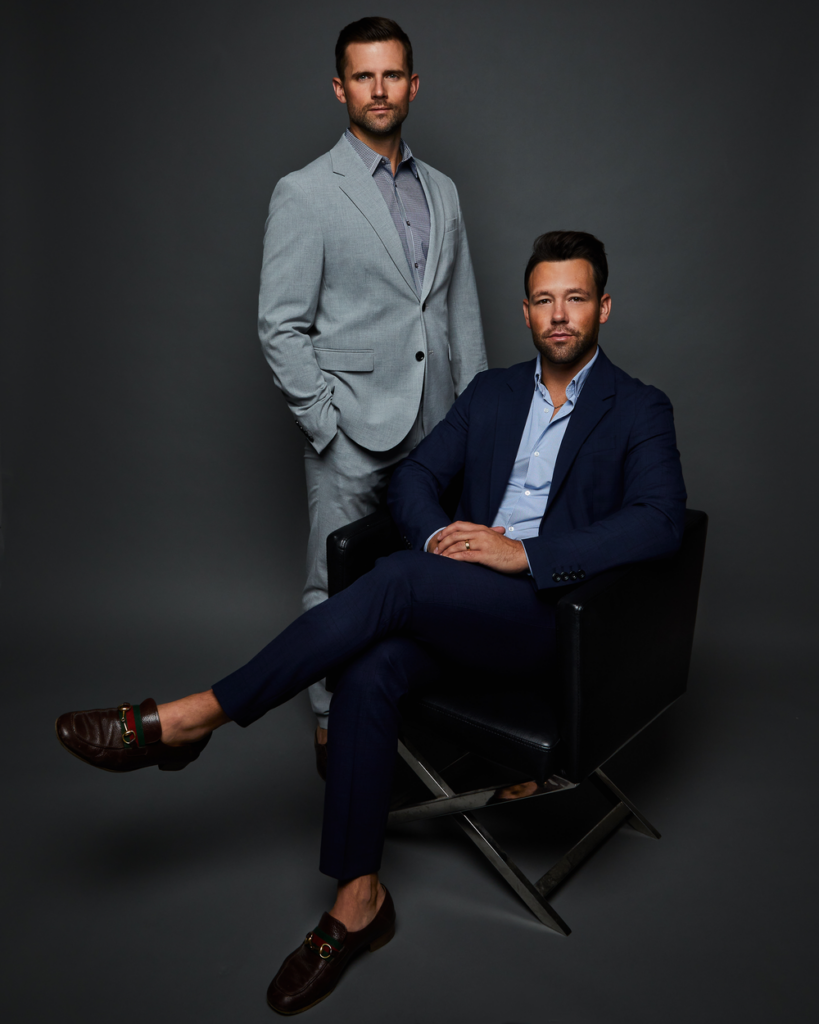Surrogacy is a life-changing journey for everyone involved. For intended parents, surrogacy is a way to realize their dreams of having a child. For surrogates, it’s a chance to give the gift of life and help others achieve their parenthood goals. But before the surrogacy process begins, a surrogate candidate must undergo a surrogacy interview. In this blog post, we’ll explore what to expect from a surrogacy interview.
First, it’s important to understand why surrogacy agencies conduct interviews. Surrogacy agencies are responsible for screening and matching surrogate candidates with intended parents. The surrogacy interview is an important part of the screening process, as it allows the agency to get to know the surrogate candidate on a personal level. It also gives the agency an opportunity to assess the candidate’s motivations, expectations, and overall suitability for surrogacy.
The surrogacy interview is typically conducted by a surrogacy agency representative or a licensed social worker. The interview can take place in person, over the phone, or via video chat. The length of the interview can vary, but it typically lasts anywhere from one to three hours.
During the surrogacy interview, the agency representative will ask the surrogate candidate a variety of questions to get to know her better. Some agencies require pre-screen applications before an interview to gather basic medical information and assess candidacy. In these cases, the surrogacy interview is more focused on education, walking a surrogate candidate through the entire surrogacy process and timeline, as well as answer any questions the candidate may have regarding gestational surrogacy.
For qualified candidates, questions asked during the surrogacy consult or interview may include:
1. Why do you want to be a surrogate?
This is one of the most important questions asked during the surrogacy interview. The agency wants to ensure that the surrogate candidate is motivated by the desire to help others, rather than financial gain or other reasons.
2. What is your family and support system like?
Surrogacy can be emotionally and physically demanding, so having a strong support system is important. The agency will want to know if the surrogate candidate has the support of her partner, family, and friends.
3. What is your pregnancy history?
The agency will want to know if the surrogate candidate has had any complications during previous pregnancies. This information will help the agency determine if she is a good candidate for surrogacy.
4. Are you willing to follow a strict medication regimen?
Surrogacy involves taking medications to prepare the body for pregnancy and to maintain the pregnancy. The agency will want to ensure that the surrogate candidate is willing and able to follow a strict medication regimen.
5. What are your expectations and preference for a surrogacy journey?
Are you willing to carry twins? What are your thoughts on termination? What type of Intended Parent or Parents would you like to carry for? What compensation range do you have in mind? What are your communication preferences with the agency, clinic, and intended parents? All of these questions will allow an agency to better understand what type of surrogacy experience a surrogate candidate hopes to have.
6. Have you talked to your partner and family about your decision to become a surrogate?
Surrogacy is a decision that affects not just the surrogate, but also her family and loved ones. The agency will want to know if the surrogate candidate has discussed her decision to become a surrogate with her partner and family.
These are just a few of the questions that may be asked during a surrogacy interview or consultation. The agency representative may also ask about the surrogate candidate’s lifestyle, hobbies, and interests. The goal of the interview is to get to know the surrogate candidate as a person and to determine if she is a good match for intended parents.
In conclusion, a surrogacy interview is an important part of the surrogacy screening process. It allows the agency to get to know the surrogate candidate on a personal level and to assess her motivations, expectations, and overall suitability for surrogacy. If you are considering becoming a surrogate, be prepared to answer questions about your motivations, support system, pregnancy history, and expectations and preferences. Remember, the surrogacy interview is just one step in the surrogacy journey, but it’s an important one that can help ensure a successful and fulfilling experience for everyone involved. For more information regarding becoming a surrogate, please contact us at info@elevatebaby.com or complete our quick 2-minute initial application HERE.

